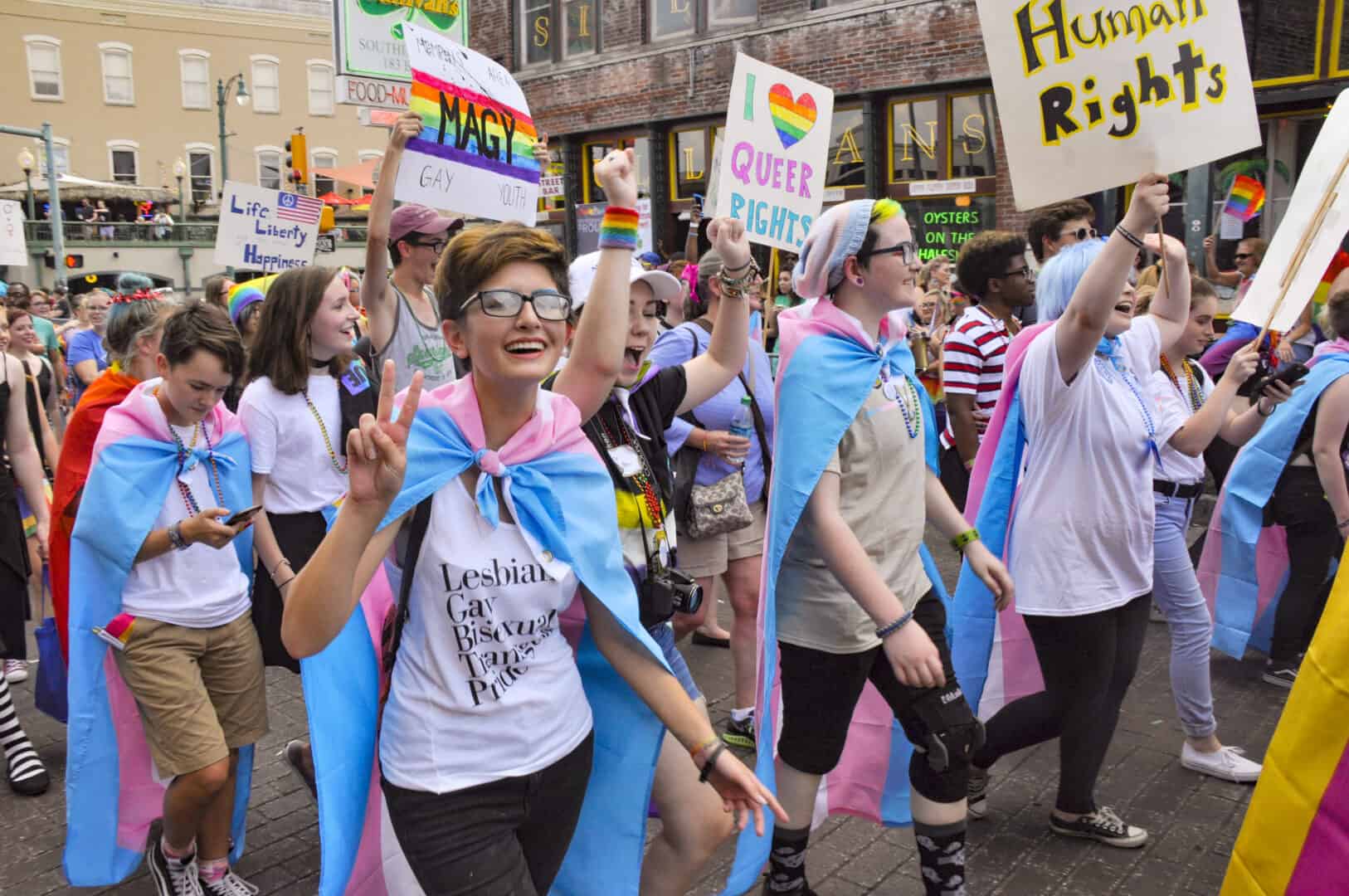Memphis Pride in 2015 carried a profound sense of celebration and achievement. The 40th Annual Mid-South Pride Festival and Parade, held on September 26 at Robert Church Park, was the first since the Supreme Court’s landmark ruling in Obergefell v. Hodges, which legalized same-sex marriage nationwide. With the theme “Love Equals Love,” the festival reflected on this historic victory while also recognizing the decades of advocacy that had made it possible.
More than 70 parade units marched through Beale Street, highlighting the growing participation from local businesses, civic organizations, and community groups. The event saw an increase in corporate sponsorship and community partnerships, underscoring the expanding visibility and acceptance of LGBTQ+ people in Memphis. The festival featured performances by Thomas Prunier, Blackberry Wednesday, Jerred Price as Almost Elton, and ARTISTIK APPROACH, with Phillis M. Lewis and Bella DuBalle serving as hosts. The Lambda Car Group presented a car show, which drew attendees from across the region, while a dedicated kids’ area and VIP section added new elements to the festival.
Three Grand Marshals were honored for their contributions to education, healthcare, and the arts. Jeff Harwood and Dr. Herb Zeman were recognized for their advocacy in education and healthcare, creating more inclusive spaces for LGBTQ+ individuals in Memphis. Anthony R.G. Hardaway, a well-known figure in Memphis’s LGBTQ+ arts community, was recognized for using his platform to promote LGBTQ+ visibility and challenge stereotypes through artistic expression.
The 2015 Pride celebration represented a turning point for the Memphis LGBTQ+ community. With the legalization of same-sex marriage, many couples in Tennessee were finally able to have their relationships recognized under the law. The festival’s theme, “Love Equals Love,” captured the joy and significance of this moment, while also serving as a reminder that the fight for full equality was ongoing. The engagement of local businesses, faith groups, and advocacy organizations reflected the continued progress toward inclusion in Memphis, ensuring that the city’s LGBTQ+ movement remained strong in the years ahead.
